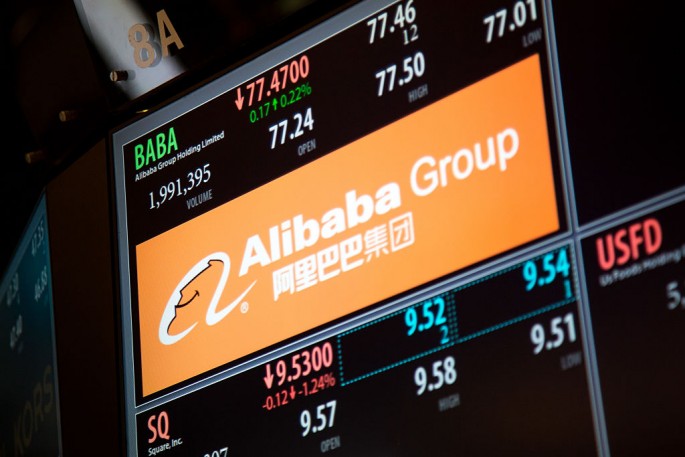Now on its 52-week high, Alibaba stocks could rise to new highs even if the SEC accounting probe fines the company for violations, according to an article published by seekingalpha.com.
Although currently its stocks remain at bargain prices, Alibaba broke above $100/share last week for the first time since Jan. 2010.
Some American investors and journalists have been comparing Alibaba to Amazon.com, which leads the U.S. market in e-commerce and rapidly gaining a foothold in cloud services.
Alibaba, on the other hand, is the leading Chinese e-commerce firm and its cloud service business has been growing faster than other firms in the sector, Goldman Sachs said.
But there are differences between the two companies and how they manage their finances.
In last four quarters, Alibaba registered year-over-year revenue growth of 27 percent, 26 percent, 33 percent and 48 percent. The growth is not only huge but also continues to accelerate, the report said.
On the other hand, Amazon's revenue growth, in the same quarters, was reported to be 23 percent, 22 percent, 28 percent and 31 percent, respectively.
According to the report, Alibaba's underperformance in the market has been caused by three factors. First is that many U.S. investors do not trust China, as fears of Chinese economic collapse threatened the market in the past two years. Investors are wary of the nation's debt levels which have reached 250 percent of GDP, although the Chinese government controls a majority of the financial institutions, including state-owned enterprises and so-called private firms, according to American Enterprise Institute scholar Derek Scissors.
Scissors said that the Chinese instability is different from other countries, since it is "linked to the fact that we have essentially market-driven financial systems, and that's just not the case in China."
The scholar added that China is far from economic collapse as the country even reported a 6.7 percent growth rate in the second quarter and it is growing more than twice as fast as the U.S.'s reported 1.2 percent rate in the same period.
The second factor that troubles U.S. investors is Alibaba's financial structure. The company is structured as a "variable-interest entity," which means shareholders do not own a direct interest in the company. Instead, they own an interest in a Cayman Islands company that holds a contract with Alibaba to receive fees and royalties based on its earnings.
Although this may seem suspicious to U.S. investors, this financial structure was required by Chinese regulations for all Chinese companies that wanted to list overseas. Baidu Inc, China's search engine giant, also does the same.
The third factor is its accounting practices. In May, the SEC announced that it is investigating Alibaba for its accounting practices to determine if it had violated federal laws.
The report said that investors fear accounting irregularities but Alibaba chairman Jack Ma is confident. He said in July that the SEC probe is "an opportunity for us to let them understand what we're doing."



























